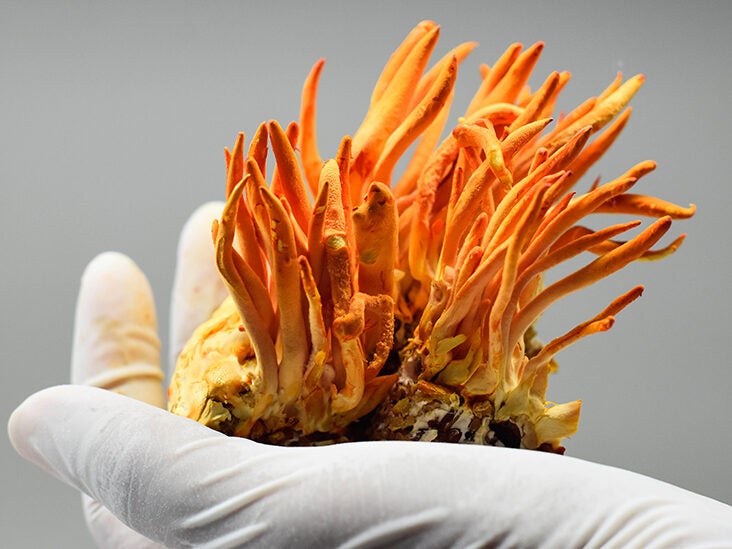The Surprising Reality of Cordyceps Infecting Humans – Strange But True
Have you ever heard of fungi infecting insects and controlling their behavior in a way that seems straight out of a science-fiction movie? If this sounds intriguing, then the phenomenon of Cordyceps fungi might just blow your mind. Cordyceps fungi have been known to infect and manipulate the behavior of ants, caterpillars, and other insects. But what if we explore the possibility of these unique fungi affecting humans? Although it hasn’t spread like wildfire in movies or video games, some fascinating research suggests that Cordyceps can indeed infect humans. So, let’s dive into the mysterious and strange world of these parasitic fungi.
Cordyceps: A Brief Overview
To understand the impact Cordyceps fungi could have on humans, it’s important first to grasp what they are and how they function. These fungi belong to the family Ophiocordycipitaceae and are infamous for their ability to infiltrate and control the behavior of their insect hosts. The Cordyceps fungus penetrates the host’s body, grows inside, and eventually, takes control of its nervous system, directing its actions for the fungus’s benefit.
Cases of Human Infection: Mysterious but Intriguing
Cordycep infections among humans have primarily been observed among immunocompromised individuals. A study conducted in 2014 reported 19 cases of Ophiocordyceps sinensis infection in hospital patients who received organ transplants. Though rare, these instances raised eyebrows and caught the attention of scientists and medical professionals alike.
In a 2012 report, a group of French researchers looked into human cases of Ophiocordycipitaceae infections and found that most patients had chronic illnesses, were immunocompromised, or had received organ transplants. Although the symptoms and outcomes varied from non-life-threatening conditions like sinusitis to life-threatening cases like brain abscesses, the frequency of human infection is still extremely rare.
Preventing Infection: An Ounce of Prevention
Since healthy individuals rarely contract Cordyceps infections, it is crucial to maintain a strong immune system. Regular exercise, a balanced diet, and adequate rest can make a significant difference. However, individuals with weakened immune systems or chronic conditions should take extra care to protect themselves from potential infections.
In some cases, the use of prescribed anti-fungal medications can help prevent and treat human fungal infections. If you suspect you have a fungi-related health issue, always consult a healthcare professional for a suitable treatment course.
Cordyceps: A Double-Edged Sword
Cordyceps fungi have proven health benefits, making them a popular component in traditional Chinese medicine. They can improve respiratory function, boost the immune system, increase vitality, and have antioxidant properties. However, it must be noted that the aforementioned research pertains to specific species and strains of Cordyceps, and adequate caution must be exercised when consuming products or supplements containing these fungi.
In Conclusion
While the idea of Cordyceps fungi controlling human behavior might make for a chilling plot in science fiction, the reality is far less dramatic. Cordyceps infections in humans are indeed rare and typically seen in immunocompromised individuals. However, it never hurts for everyone to practice good hygiene and maintain a healthy lifestyle to stay in tiptop shape and ward off potential infections.








